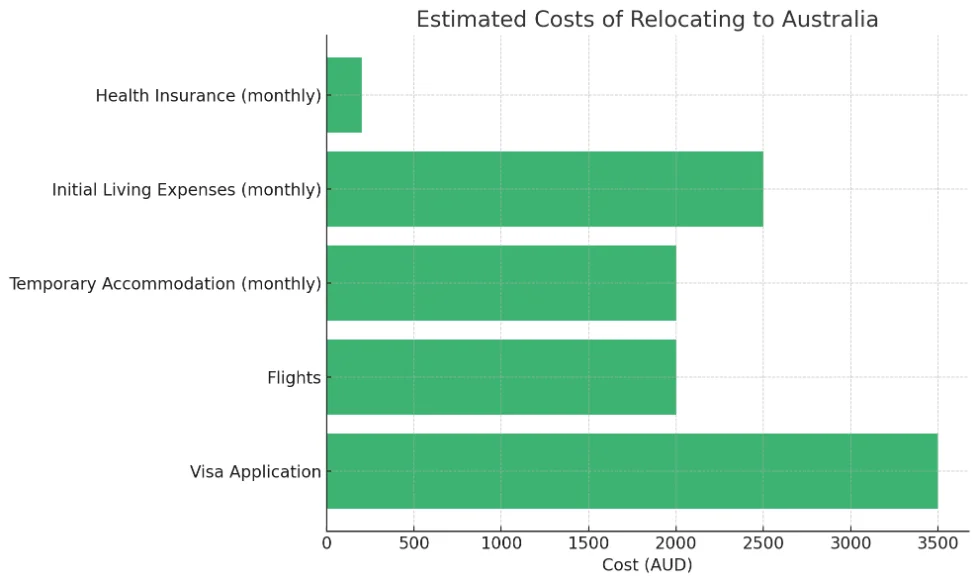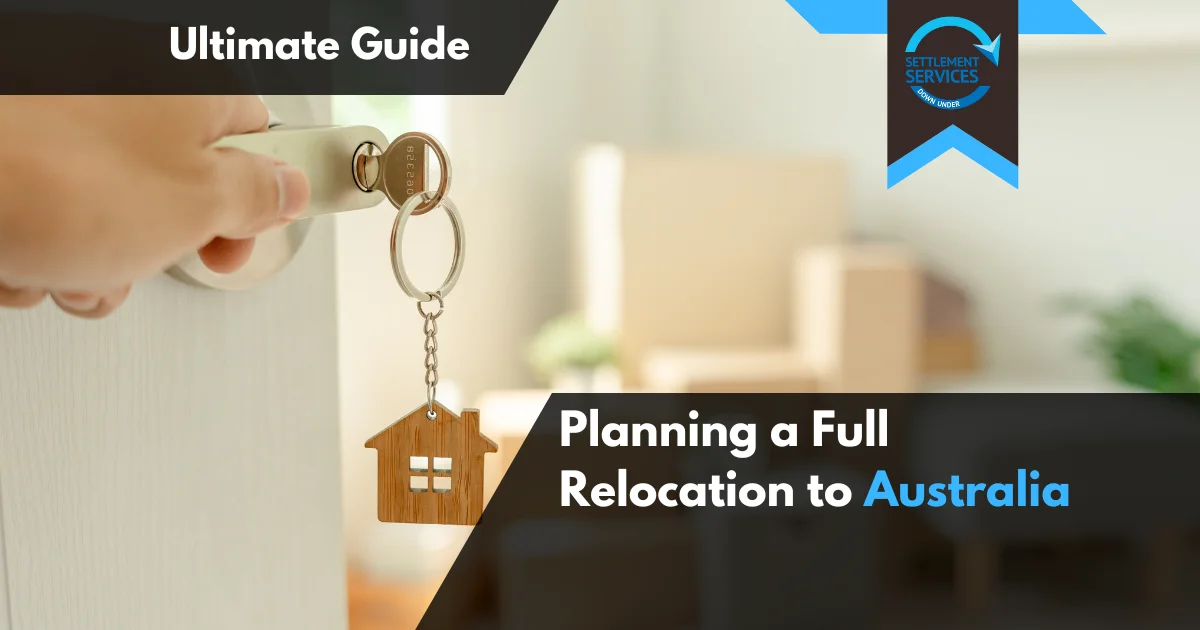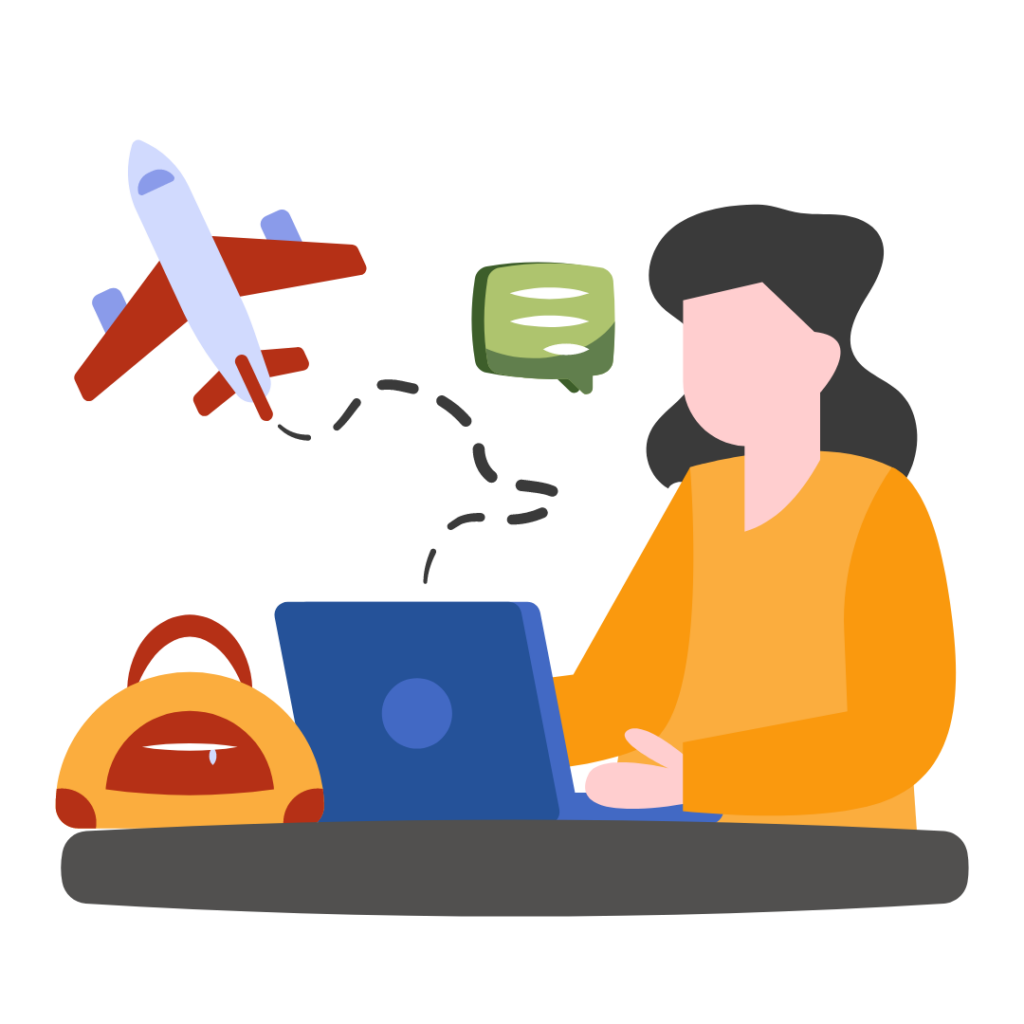Relocating to Australia is a thrilling opportunity, whether you’re moving for work, study, or a lifestyle change. With a high quality of life, excellent healthcare, and a welcoming multicultural society, Australia is an appealing choice for many. However, moving internationally requires careful planning and preparation. This ultimate guide walks you through each step, from visa applications to finding accommodation and understanding cultural norms, making your transition to Australia as smooth as possible.
Why Move to Australia?
Australia offers a unique blend of urban sophistication and natural beauty. For newcomers, the country provides job opportunities in many fields, top-notch education, and a safe, family-friendly environment. Migrants enjoy access to a robust healthcare system, a high standard of living, and a welcoming community that celebrates diversity.
Key Steps to Relocating to Australia
Planning a move requires a thorough understanding of the process. Below are the essential steps:
| Step | Description |
|---|---|
| 1. Research Visa Options | Choose the right visa type based on purpose (work, study, family, business) and eligibility criteria. |
| 2. Secure Employment | For work visa holders, secure a job offer from an Australian employer or meet requirements for skilled visas. |
| 3. Financial Planning | Budget for moving costs, including visas, flights, temporary accommodation, and initial living expenses. |
| 4. Arrange Accommodation | Research housing options and neighborhoods based on budget and lifestyle needs. |
| 5. Healthcare and Insurance | Enroll in Medicare (for eligible visa holders) or arrange private health insurance. |
| 6. Education for Children | Enroll children in local schools and understand the Australian education system. |
| 7. Open a Bank Account | Set up an Australian bank account to manage expenses and salary payments. |
| 8. Settle and Adapt | Take time to explore, connect with communities, and adapt to local customs. |
1. Research Visa Options
Australia offers various visa types tailored to individual needs, such as the Skilled Independent Visa, Partner Visa, and Student Visa. Each visa type has unique requirements related to age, skillset, English language proficiency, and sponsorship. Starting with the correct visa application is crucial as it determines your eligibility to live, work, or study in Australia.
2. Secure Employment
If moving for work, securing a job offer before relocating can provide stability and ease the visa application process. Skilled visas often require applicants to work in a field listed on the Skilled Occupation List (SOL), ensuring they meet the labor needs of the Australian economy.
3. Financial Planning
Financial preparation is essential for relocation. Key expenses include visa processing fees, airfare, temporary accommodation, and initial living costs. Below is a breakdown of estimated costs for each major category:
Estimated Costs of Relocating to Australia
| Expense Category | Estimated Cost (AUD) |
|---|---|
| Visa Application | $2,000 – $5,000 |
| Flights | $1,500 – $3,000 |
| Temporary Accommodation | $1,000 – $3,000 (monthly) |
| Initial Living Expenses | $1,500 – $3,000 (monthly) |
| Health Insurance | $100 – $300 (monthly) |

4. Arrange Accommodation
Finding a place to live depends on your budget, work location, and lifestyle preferences. Many newcomers choose temporary housing initially, allowing time to explore neighborhoods and secure permanent housing. Websites like settlementservice.com.au and mynewaustralianlife.com can help you get an idea of rental costs and property options.
People also read: How to Find and Secure Accommodation in Australia as a New Migrant
5. Healthcare and Insurance
Australia provides high-quality healthcare services through the public system (Medicare) and private health insurance options. Permanent residents and some visa holders are eligible for Medicare, which covers essential health services. If not eligible, private health insurance is recommended.
6. Education for Children
Australia has a robust education system with public, private, and international schools. Researching schools and understanding the registration process will help you enroll your children successfully. Australian school terms differ from other countries, so make sure to time your move accordingly.
7. Open a Bank Account
Opening an Australian bank account is essential for managing everyday expenses. Major banks like Commonwealth Bank, ANZ, Westpac, and NAB allow international customers to set up accounts online before arrival.
8. Settle and Adapt
Upon arrival, take time to acclimate to Australia’s culture and lifestyle. This includes understanding local customs, connecting with communities, and taking part in social and recreational activities to integrate smoothly into your new environment.
People also read: Citizen Application Waiting Time: A Detailed Guide for 2024
Common Expat Challenges and Solutions
| Challenge | Solution |
|---|---|
| Finding Accommodation | Use property websites and engage with local agents. |
| Understanding Local Laws | Attend orientation programs and explore government resources. |
| Adjusting to Culture | Join local communities and expat groups. |
| Healthcare Access | Apply for Medicare or secure private health insurance. |
| School Enrollment | Research and enroll children in appropriate schools. |
Relocating to Australia is an exciting journey, filled with opportunities and new experiences. By following these steps, newcomers can navigate the relocation process with confidence, ensuring a smooth transition to life in Australia. With thorough planning, financial preparation, and a willingness to adapt, migrants can make the most of their move to the Land Down Under.





